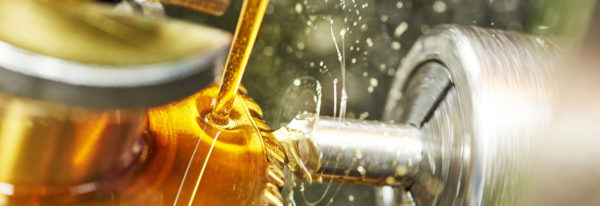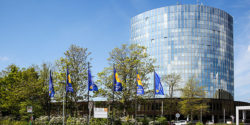Metalflow Alliance: Your gate to the full world of metal
Flow and metal technologies are becoming increasingly important worldwide. Their technological innovations have reached high standards and are beginning to open up new horizons regarding current topics such as energy and resource efficiency.
The Metalflow Alliance comprises more than 30 trade fairs from the Metal and Flow Technologies segment. More than 9800 exhibitors are now part of the Alliance, and more than 338,000 visitors have visited their trade shows so far.
If you as a trade visitor are interested in these trade fairs, you are also in the right place. All information about the Metalflow Alliance can be found on this portal or on the following pages. This portal gives you an overview of which trade fairs are in the field of metal and flow technologies and where you can count on the proven expertise of Messe Düsseldorf anywhere in the world. Here you will find the undisputed No. 1 trade fairs in their fields, as well as current trends and forward-looking solutions.
Whether autonomously or in cooperation with various organisations: Messe Düsseldorf promotes specialist events in strategically important growth markets.
Whether at the 'Homebase' in Düsseldorf or at trade fairs in Dubai, Shanghai, Mumbai or Bangkok: Exhibitors and visitors can always rely on the competence and experience of Messe Düsseldorf.




































